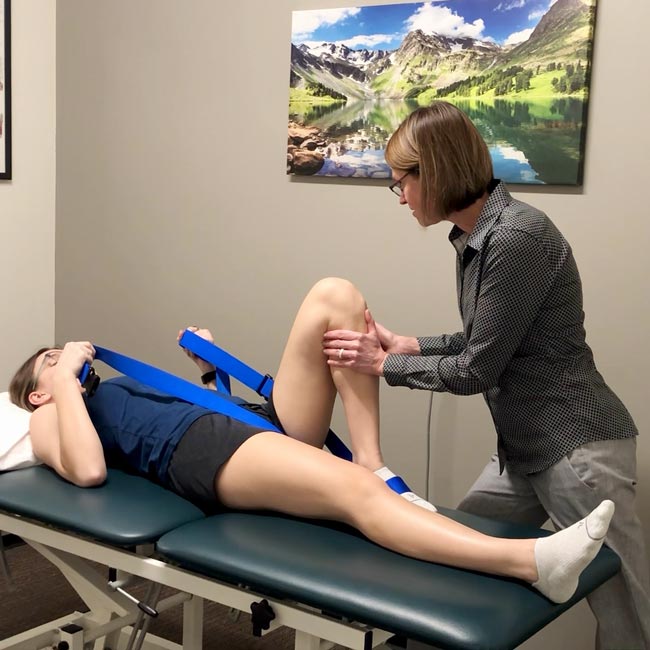Thanks for reaching out to us with your question. Without performing an examination, we’re not able to comment on your specific condition, but in general, most surgeon’s protocols for unicompartmental knee arthroplasty do not recommend impact activities post surgery. Given this, unfortunately our expectation would be that running would be excluded from the list of approved activities.
However, each surgeon has a unique protocol and the answer to your question will largely depend on the specific rehabilitation guidelines outlined by your surgeon.
Typically, progression of recovery and return to sport will depend on several factors including:
- age
- associated injuries
- pre-surgical health status
- motivation
- rehab compliance
- complexity of the surgery.
Your surgeon may have specific time frames, restrictions and precautions to keep in mind to protect the partial knee replacement long term.
Typical activities allowed include bicycling, rowing, elliptical, golfing, swimming, and cross country skiing. In outpatient physical therapy, your therapist will review your specific protocol with you and discuss specific recommendations of your surgeon based on your knee and individual surgery.
Additionally, patients will often participate in physical therapy prior to surgery in order to target maximum strength and range of motion in their knee. Better outcomes are observed in patients who have received prehab as they are better prepared to address the joint stiffness and lower extremity weakness experienced post-operatively. Seeing a local physical therapist may be beneficial prior to your surgery in May, if you have not done so already.
To locate a Therapeutic Associates practitioner near you, visit our clinic locator here.
Best of luck on your upcoming surgery.

Physical therapy after surgery.
As physical therapists, we know the importance of movement for overall health and well-being. Our passion is to help every patient reach their goals and live an active, pain-free life.

